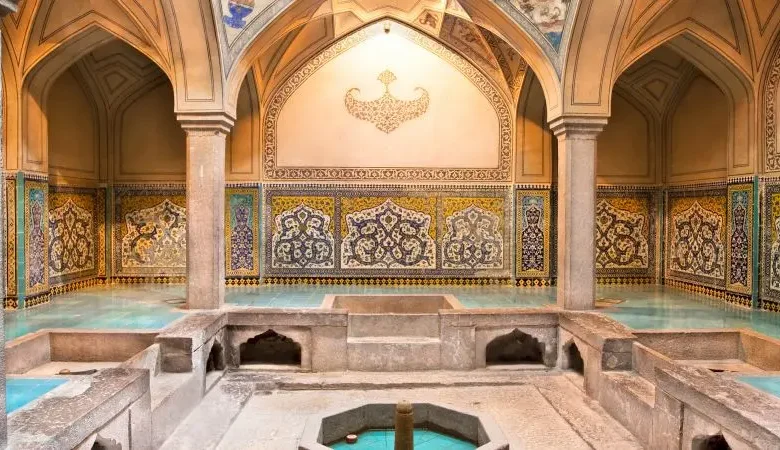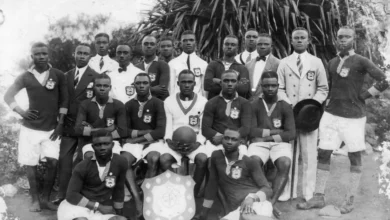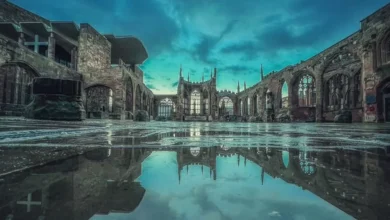Public baths closure sparks anger in Morocco

Moroccan authorities recently decided to partially close public baths for three days a week, a move which has stirred some discontent among workers and citizens reliant on these facilities. The reasoning behind this decision was the ongoing water scarcity issues due to drought in Morocco.
Public baths hold significant cultural importance in Moroccan society as places of purification, health rituals, and social gatherings. The sudden closure of public baths has hit the workers in the sector hard, particularly since the onset of the COVID-19 pandemic.

Idrikis Lamahjoub, a bath tenant in Casablanca, highlighted the economic strain this decision has caused. The closures mean extended periods of work with added expenses for heating baths to retain customers, impacting those who rely on tips and the supply chain for bath necessities severely.
Moreover, the closure affects not only bathhouse proprietors but also others in the supply chain, like wood suppliers and workers. The decision could potentially lead to environmental concerns as alternative sources for heating become necessary.

The relationship Moroccans share with public baths goes beyond mere cleanliness. These spaces serve as social hubs where discussions on family matters and news take place.
The closure affects the spiritual and communal well-being of citizens who consider visiting baths as a deeply important tradition, reflecting popular culture and heritage.
Historically, public baths in Morocco have been linked to the lives of the elite class, only later becoming accessible to the general populace. The economic role of these bathhouses cannot be understated, as they provide livelihoods to many families involved in the industry, from soap sellers to bathhouse workers.











